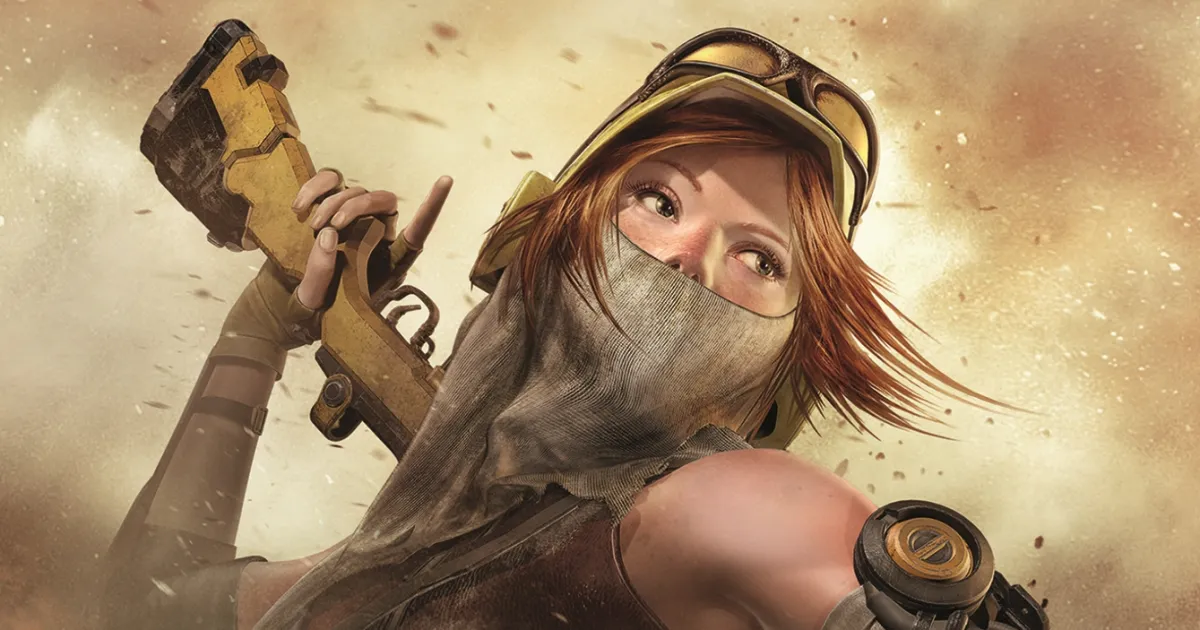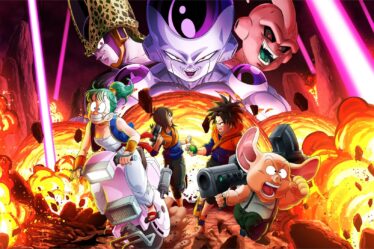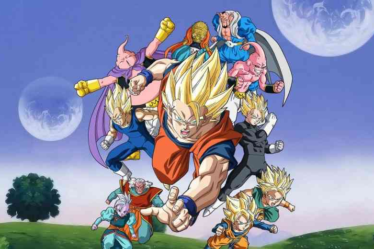
This article was originally published in Italian on Thegamesmachine.it in 2016.
ReCore is a production that owes a lot to names like Metroid, The Legend of Zelda, but also Mega Man and many other classics of exploration, platforming, and 3D adventure. Unfortunately, it fails to seriously delve into any of the aspects that made those franchises famous. The latest work from Comcept, a studio founded by Keiji Inafune (Dead Rising) right after leaving Capcom, would have undoubtedly benefited from a few more months of development and, in this case, production values that could have set it apart from other titles born in the independent industry.
Straddling the line between lively Japanese arcade influences and a post-apocalyptic aesthetic brightened only by the relentless sun (which endlessly scorches the desert planet of Far Eden), Joule and her team of robotic companions are tasked with finding a solution to a failed experiment with disastrous consequences.
Humanity was supposed to colonize the mysterious planet after making it habitable through terraforming, but apparently, they hadn’t accounted for the possibility that machines could rebel. What a surprise! While initially promising, the story of Microsoft Studios’ latest title quickly reveals itself as little more than a narrative thread connecting areas to explore and dungeons to tackle, all wrapped up in a mix of scenarios supported by a level design of inconsistent quality.
First and foremost, ReCore is a platformer that heavily relies on its control system: immediate, precise, and easy to master, making it a joy to maneuver the charming Joule among the hundreds of floating platforms that populate her adventure—especially for those, like myself, who have had their fill of hyper-realistic titles with rigid physics that leave no room for artistic freedom. By completely abandoning any semblance of realism, Comcept’s latest effort shines in exploration and platforming sessions that are quite satisfying. However, there’s a clear distinction between what happens inside confined areas, such as dungeons, and everything that unfolds in the game’s semi-open world.
Perhaps in an attempt to follow the current trend of open-world games dominating the market, the developers tried to frame ReCore within a vast setting with bland and monotonous design—when, in reality, a more traditional level-based structure with clear starting and ending points would have worked far better. On top of that, players are forced to roam these largely empty areas in search of glowing orbs that function similarly to the stars in Super Mario 64 or the precursor orbs in the Jak & Daxter franchise. Without them, progressing in the adventure is simply impossible. This design choice, particularly in the second half of the game, completely undermines the enjoyable gameplay experience that the title, in its simplicity, had managed to offer.
Nothing about the design of Far Eden encourages exploration—except for the fact that it’s literally forced. Otherwise, I doubt anyone would bother scouring every nook and cranny in the hope of finding optional dungeons (complete with timed challenges and similar gimmicks) or some enemy enhanced by the aforementioned orbs. I hate to say it, but once again, the excellent Xenoblade Chronicles X for Wii U must be mentioned as a prime example of how to create believable and, above all, enjoyable-to-explore sci-fi environments, especially considering the “zero-gravity” feel that both titles share.
Speaking of enemies, which are disappointingly few in variety, credit must still be given to the developers for crafting a battle system that, while simple, remains fun even after repeating the same attack patterns countless times. Combat is fast and responsive: aside from Joule’s rifle (whose ammo color must be switched using the D-pad to match enemy weaknesses), players can rely on the strength of three robotic companions and two additional forms unlocked later in the game.
The enemies—all cybernetic with animalistic behavior, much like in Mega Man—can either be blown to pieces or have their power cores extracted through a tug-of-war-style minigame. These two types of rewards can be invested in crafting stronger frames for robotic companions or boosting their stats. Power levels are the game’s only real nod to RPG mechanics, though everything is automated—no special skills to unlock, no weapons to customize. The keyword here is “simplicity,” and if it weren’t for the second half of the game and the dull planetary exploration, everything would work quite well, especially given the production’s lack of ambition, which is further evident in the actual length of the adventure (excluding mandatory backtracking), which doesn’t exceed ten hours.
Finally, a note on the technology behind ReCore, the first Xbox Play Anywhere title, meaning a digital purchase grants access to both Xbox One and PC versions. On one hand, we have a console product that struggles to remain acceptable, with an inconsistent frame rate and graphics that wouldn’t look out of place on a previous-gen console. On the other, the PC port is excellent, running at 60 fps even on moderately outdated hardware. Saves sync almost instantly between platforms, making it easy to switch between the two at any time. But frankly, given the gameplay’s reliance on fluidity and reflexes, I can only strongly recommend playing the PC version. The content, including the Italian voiceover, is identical, but performance—even with just a mediocre graphical presentation—is on a completely different level on the so-called “master race.” Well, do I even need to say it?
ReCore is certainly an interesting product, but one that fails to carve out its own identity due to questionable game design choices. While the combat system and platforming sections work well thanks to their simplicity (especially in execution, thanks to a well-designed control scheme), the second half of the adventure stumbles, the semi-open world is a complete misstep, and the technical department shamelessly flaunts bugs and graphical glitches at launch. Without a doubt, Comcept’s product is one of those games that would have fared much better with a few extra months of development. For the PC edition, you can add half a point to the final score—if only for the guarantee of smooth 60 fps gameplay.


